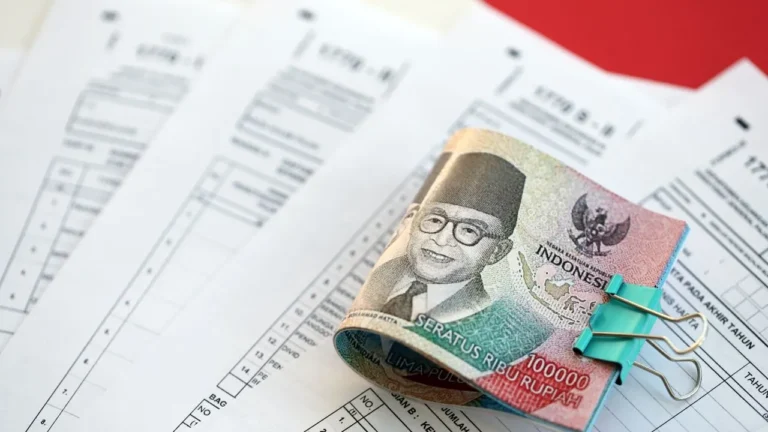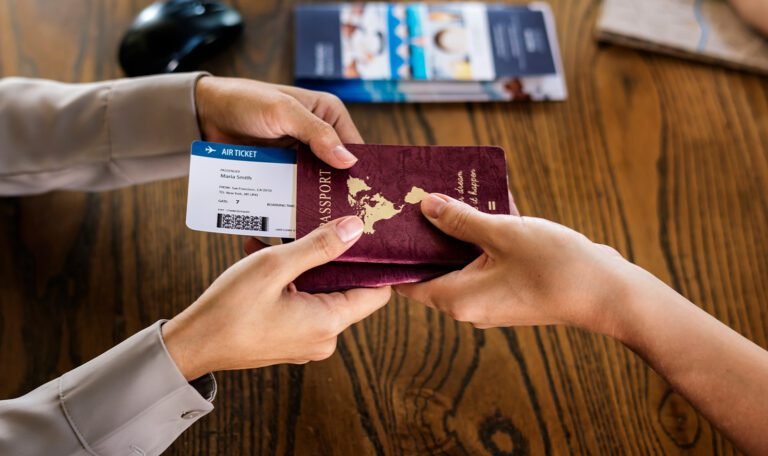Table of Contents
ToggleNavigating the Tax on Real Estate in Indonesia can be difficult to understand, whether you invest under your personal name or under a PT PMA.
Investing in Bali or Lombok with developers or real estate agents seems fast and easy. Most real estate agents and developers will advise you to invest in real estate under a personal name. They suggest doing the transaction in a few days after a quick check on the seller’s rights. However, what are the real tax implications for foreigners investing in property in Bali? Additionally, what is the best setup for these transactions?
Property tax in Bali and Lombok
Understanding real estate tax in Indonesia is important for investors, especially when considering invest in property in Bali and Lombok. Taxes vary if the investor invests in a leasehold or freehold property and if the investor invests in a personal name or under a company (PT PMA). To be clear, a foreign individual is not allowed to rent out a property on Airbnb, Booking.com or any other platform.
Tax on property acquisitions in Bali and Lombok
A foreigner investing in a leasehold property is not entitled to pay any tax. The lessor (seller) has to pay a flat tax (final tax) of 10% or 20% if the seller has no NPWP. In the event the lessee (buyer) is a PT PMA, the leasehold tax has to be withheld and paid by the lessee.
The Leasehold tax is 10% for residents and 20% for non-resident
In the event of an Akta Jual Beli (freehold purchase), the buyer must pay a tax of 5%, while the seller pays 2.5%. The seller’s income determines the tax base, while the Indonesian government defines the tax base for the buyer.
Buyer tax 5% – Seller tax 2.5%
Tax on daily rental
The tax on daily rentals is set at 10% in Bali and Lombok. This tax is paid to the local government every month. The taxpayer needs to have an NPWPD. On the legal side, the license for daily rental cannot be obtained under a foreigner. It also cannot be paid by the foreigner. Despite reports of the tax office accepting this payment, it comes with complications. It means paying a tax on a business that is not operating with the right license.
Land and Building tax
The land and building tax is due by the owner of the property. As a reminder, a leasehold does not own a property, so legally, unless there is a different agreement, the taxpayer is the owner of the land and the building.
The land building tax is based on the valuation of the building and land from the tax office. The rate is set by the region with a maximum national rate of 0.5%. Each region in Indonesia defines its own rate.
Make navigating real estate in Indonesia easy
Save time and money by letting ILA’s team of experts guide your real estate journey in Indonesia. We can help with due diligence, land title transfers, notary services, contract drafting and reviewing, building permits, various licences and more.
Find more information about our broad range of real estate services, or reach out today for a free consultation.
Tax for foreigners investing in properties in Bali

Tax on income sent overseas
After paying the local tax, money sent overseas for a non-resident is taxable at 20% or a lower rate, depending on the tax treaty with the taxpayer’s country. If the property management company sends money to the foreigner, it must withhold a 20% tax.
For a foreigner investing in a leasehold as an individual, the income is a revenue from a rent. It is important to remember that selling a leasehold is not selling a property but selling a rental contract and getting rental income at one time. This income is usually taxable on the personal income tax in the country of residence. The taxable base is not the capital gain, as there is no capital gain on a leasehold contract.
If a foreigner invests in a leasehold through a company, the real estate tax in Indonesia applies primarily at the company level. The foreign investor is taxed only on the profits distributed as dividends.
Double tax treaty
A double tax treaty (DTT) applies once Indonesia has signed an agreement with the country of the foreigner. This double tax treaty applies to a scope of income and not to all types of revenue. It is important to note that leasehold revenue is not part of most of the double tax treaty, and consulting a tax consultant in the taxpayer’s country is crucial.
In some countries, the DTT limits provide credit but do not void the taxation in the country of the taxpayer.
Also read: How to Invest in Property in Bali & Lombok























